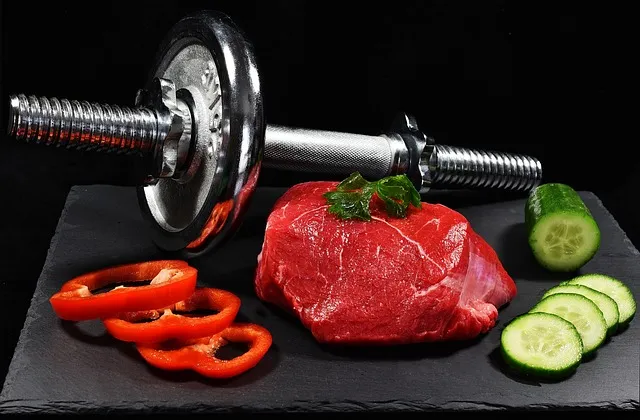
Learn how to lose your unwanted weight and belly fat faster with these weight loss and diet tips for men and women just like you. However, how rapidly one loses 3 kgs of weight entirely depends on the diet, exercise, time, effort and consistency they are putting into this. To achieve your desired body weight, try including a variety of proteins such as paneer, chicken, soy, tofu, chickpeas, and lentils.
Many people are often eager to shed weight quickly, and the idea of losing 3kg in just one week can be incredibly appealing. However, it is important to approach weight loss with caution and prioritize your health above all else.
Try to hit your target any faster than this and you’ll put yourself at risk of malnutrition. Either that, or you’ll end up losing water weight, particularly if you’re dodging carbohydrates. ‘Physiologically speaking, to lose weight you must burn more calories (through physical activity) than you eat or drink,’ Clark told HuffPost Australia.
The Reality of Rapid Weight Loss
While some diets or detox programs claim that you can lose a significant amount of weight in a short period of time, it is essential to understand that this kind of rapid weight loss is not sustainable in the long run. Losing 3kg in a week typically involves extreme calorie restriction or potentially harmful practices that can have negative effects on your body.
Regardless of how many kilos you need to lose, you always have to be on a calorie deficit diet to be able to lose weight. A calorie-deficit diet is consuming a lesser number of calories than the calories you burn. So for example- if you burn about 2000 calories daily, you need to consume less than 2000 calories per day for weight loss. Since we are talking about how to lose 3 kg in a week, the calorie deficit will have to be significantly high to see an impact within a week. According to research, up to 1 kg of weight loss per week is considered healthy and safe while losing more than 1 kg is considered too fast and may lead to certain health problems in the long run.
The Risks of Quick Fixes
Several studies have found that losing weight fast by eating fewer calories may cause you to burn up to 23% fewer calories per day (6, 26). Diets that promote rapid weight loss are often very low in calories and nutrients. This may put you at risk of many health problems, especially if you follow a rapid weight loss diet for many weeks. The most common ways that people try to lose weight fast are by exercising a lot, and by following a’crash diet’ or a very low-calorie diet of fewer than 800 calories per day.
Attempting to lose 3kg in a week can put a strain on your body and may lead to muscle loss, nutrient deficiencies, and even metabolism issues. Additionally, rapid weight loss often results in the loss of water weight rather than fat, which can lead to quick weight regain once normal eating habits resume.
Healthy and Sustainable Weight Loss
Having a safe approach to weight means following a balanced diet and healthy eating plan. Being physically active, and making gradual and sustainable lifestyle changes is important. For example, consuming 500 fewer calories per day for 8 weeks will likely result in greater weight loss than eating 200 fewer calories per day. For example, a person weighing 300 pounds (136 kg) may lose 10 pounds (4.5 kg) after reducing their daily intake by 1,000 calories and increasing physical activity for 2 weeks. Also, doctors and dietitians try to minimize the health risks that come with eating very few calories.
Instead of aiming for drastic weight loss in a short timeframe, focus on making gradual and sustainable changes to your diet and lifestyle. By incorporating more whole foods, staying hydrated, and engaging in regular physical activity, you can achieve lasting results without compromising your health.
People in the rapid weight loss groups had support from doctors and dietitians during the weight loss and weight maintenance phases. Research shows that having support from a health professional can improve your chances of long-term weight loss success (23, 24). Losing more than that is considered too fast and could put you at risk of many health problems, including muscle loss, gallstones, nutritional deficiencies and a drop in metabolism (4, 6, 7, 8). However, several recent studies have found that rapid weight loss might be just as good and safe as slow weight loss (4, 5). Reward yourself with activities that don’t involve food such as a movie night with friends or a massage.




